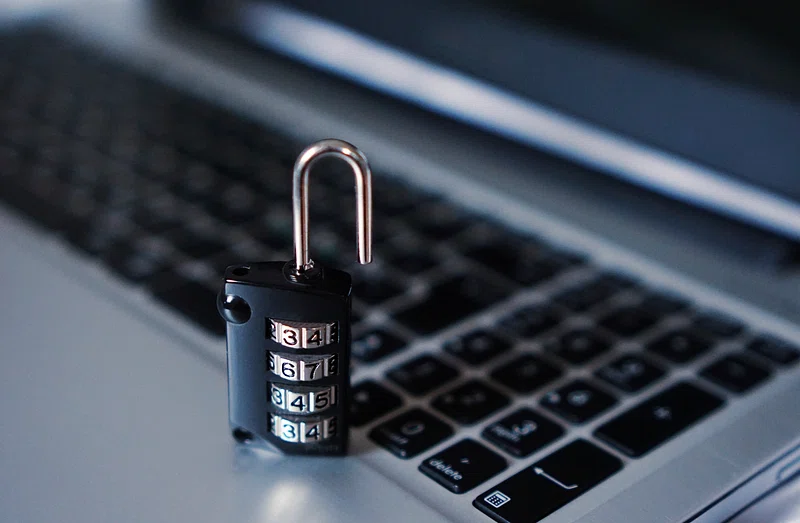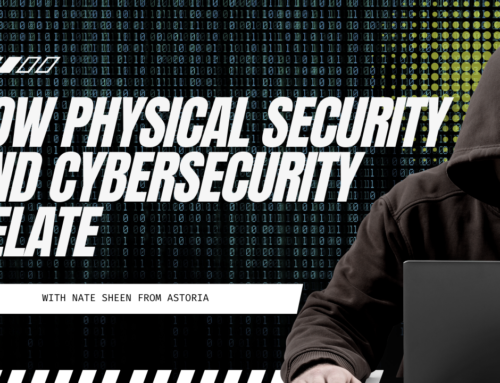In our interconnected world, safeguarding your personal information is paramount. One of the first lines of defense is a robust and secure password. No one wants to imagine someone else rifling through their emails or gaining unauthorized access to financial accounts. Crafting a strong password is not just a good practice; it’s a crucial step towards protecting your digital identity. In this guide, we’ll explore essential tips to ensure your passwords are resilient against potential threats.
- Length Matters: Aim for passwords that are at least 8 characters long but no more than 14. A balanced length provides a strong foundation for security without making it overly complex.
- Mix It Up: Combine numbers, letters, and special characters to create a diverse and resilient password. A mix of character types adds an extra layer of complexity, making it more challenging for unauthorized parties to crack.
- Avoid Dictionary Words: Steer clear of using words from any dictionary, including foreign languages, medical terms, or specialized dictionaries. This helps thwart attacks that rely on common words or phrases.
- Uniqueness is Key: Ensure each password is distinct from your user ID and any variations of it. Avoid predictable patterns to keep your accounts more secure.
- Mind the Gap: Change your passwords regularly, and make sure new passwords differ from the previous ones by at least 3 characters. This practice ensures ongoing security, preventing attackers from exploiting patterns.
- No Personal Connections: Resist the temptation to use easily discoverable information, such as names, birthdays, or addresses. Choose elements that are unrelated to personal details to enhance your password’s strength.
- Beware of Keyboard Sequences: Stay vigilant against common keyboard sequences like ‘dfgh678’ or ‘abc345.’ These predictable patterns can be exploited, compromising the security of your accounts.
- No Appending Digits: Avoid the common mistake of appending a digit to a word. Such patterns can be easily guessed, providing a vulnerability for attackers to exploit.
- Memory, Not Writing: Refrain from writing down your passwords or storing them on your computer. Rely on your memory or use secure, trusted password management tools to keep your credentials safe.
- Sharing is Not Caring: Above all, never share your passwords with anyone. Your password is your personal key to digital security, and keeping it confidential is paramount.
Creating and maintaining secure passwords is a fundamental step in protecting your online presence. By following these guidelines, you can significantly reduce the risk of unauthorized access and fortify your digital fortress against potential threats. Stay vigilant and stay secure.





